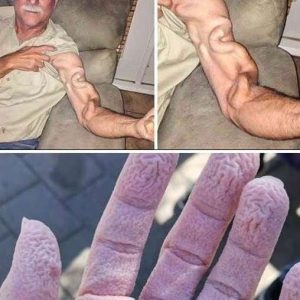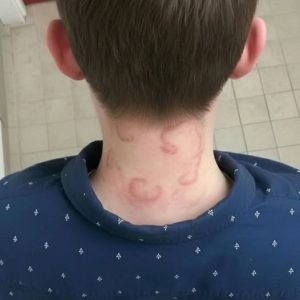Minka Kelly’s story begins far from the glamour of Hollywood. She was born in Los Angeles to a single mother, Maureen Dumont Kelly (often “Mo”), and a largely absent father, Rick Dufay — a former guitarist with Aerosmith. Her early life was shaped by instability, poverty, and hardship. Maureen worked various jobs — including as an exotic dancer at an L.A. club called Crazy Girls — and often struggled to make ends meet. At times when they could not afford their apartment, mother and daughter ended up living in a tiny storage shed of an apartment complex rather than a proper home.
From early childhood, Kelly was exposed to an adult world most children never see: the backstage and gritty reality of a strip club, people struggling to get by, and the constant churn of unstable living situations. She recalled nights when, if her mom made enough money, they’d go grocery shopping at 2 a.m. — a surreal normal for a kid. Maureen’s lifestyle, addiction struggles, and the domestic instability that often came with it meant Minka’s childhood was unpredictable and chaotic. Under such conditions, Minka grew up quickly. She became resilient, adaptable, and aware that she could count mostly on herself.
As she entered adolescence, the instability deepened. Her mother’s frequent absences forced Minka to fend for herself. At 17, in desperate need of independence and to support herself, she started performing in peep shows at an adult‑video store in Albuquerque — an experience she carried deep shame about for years. In the memoir she wrote later, she described confronting that “scariest part” of her life — the part she had hidden — with courageous honesty. During that time, she also endured difficult relationships, and eventually a teenage pregnancy — which she decided to terminate. Despite such pressure and pain, Minka carried the burden of survival, protecting what little stability she could forge for herself.
Still, she refused to allow her past to define her future. Before pursuing acting full time, she trained to become a scrub nurse — a practical, steady profession that reflected her desire for control and stability in a life that had very little of either. But fate intervened when she auditioned for a role on the television series Friday Night Lights, landing the part of Lyla Garrity. That role marked a dramatic turning point — leaving behind scrub‑nurse shifts and life of uncertainty, she embarked on the path to a new life defined by acting, identity, and reinvention. The stark contrast between the “pampered cheerleader” image on screen and her gritty real-life past impressed upon her a surprising truth: she could transcend origin, trauma, and shame.
As she gained recognition and built her career — both in television and film — Minka gradually confronted and reconciled with her past. Her 2023 memoir, Tell Me Everything: A Memoir, reveals with unflinching honesty the turmoil she endured: growing up amid poverty, addiction, domestic violence, instability, and self‑destructive coping. She does not portray herself as a victim, though. Rather, she frames her survival — and eventual success — as evidence of resilience, resourcefulness, and grit. The book also describes her complex relationship with her mother: one marked by love and dysfunction, longing and pain, but ultimately by understanding and compassion. Before her mother’s death from cancer in 2008, they were estranged — but the illness forced a reckoning. Minka confronted the hard memories and chose to forgive.
Today, Minka Kelly stands not only as a working actress, but as a symbol of transformation — someone who refused to be defined by the harshest chapters of her beginning. Her journey from hardship to Hollywood success speaks to survival, reinvention, and the power of owning one’s truth. Through her memoir and interviews — including a recent emotional appearance on The Drew Barrymore Show — she continues to shine a light on what it means to survive chaotic childhoods, create change, and push forward with authenticity.




